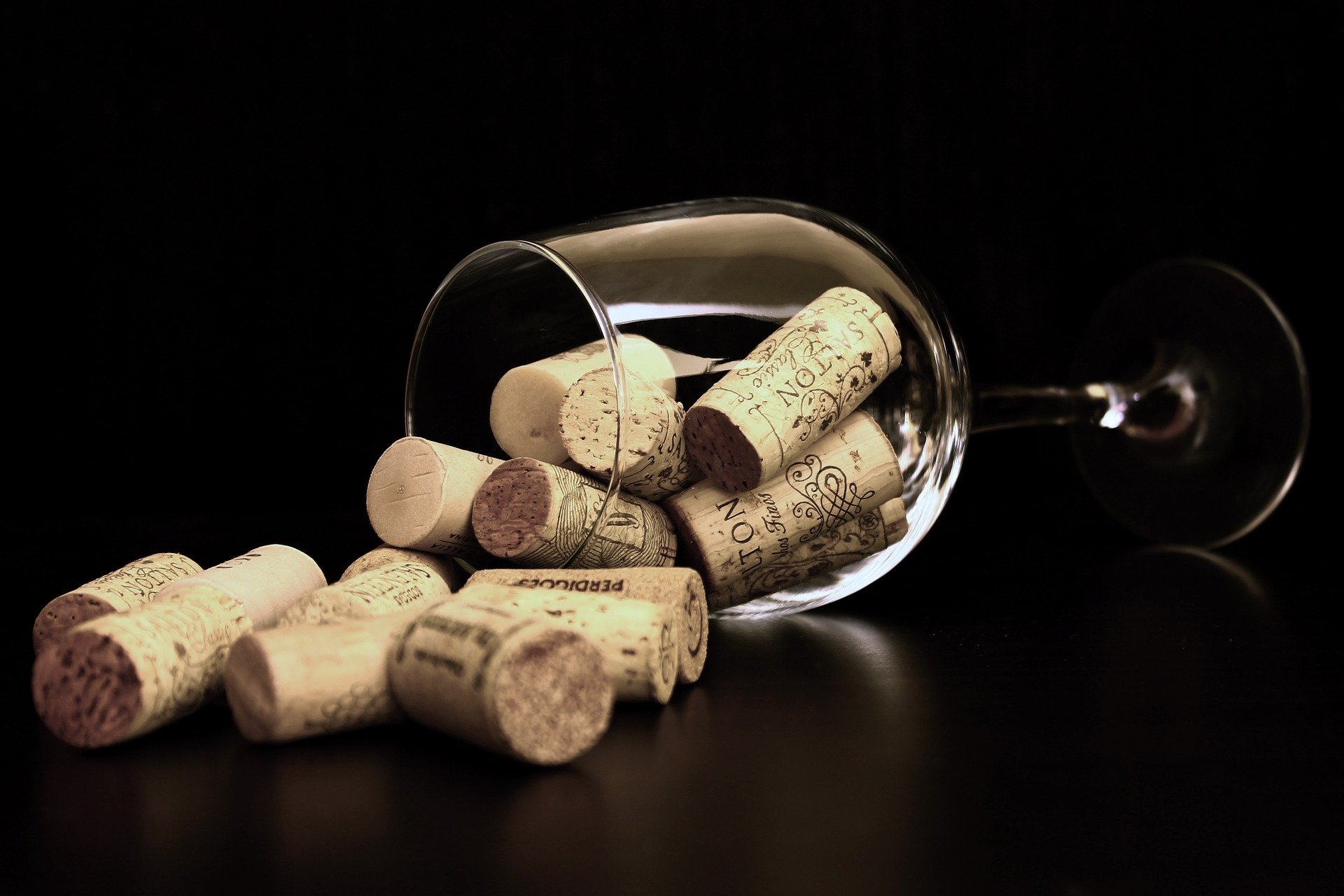If you’ve ordered a bottle of wine at a restaurant, chances are the Sommelier popped the cork and inspected it or handed it to you for inspection. This is not meant as a souvenir but a well-orchestrated act to confirm: (1) that the bottle is not counterfeit and the cork matches the label and (2) that the wine is not corked.
The term “corked” has become layman’s term for any fault found in a wine, but the term actually refers to a very specific type of fault that effects 2-5% of bottled wines called 2,4,6-trichloroanisole or “TCA” for short. TCA is produced when fungi naturally present in the cork encounter chlorophenols—ironically, a product of the chlorine bleaching process used to sterilize cork. While TCA won’t make you sick, it will seriously damper your wine experience. TCA can have faint traces (making the wine lack aromas and taste) or be pronounced (rendering the wine undrinkable with strong odors of must or wet cardboard, newspaper, or even dog!).
Since TCA originates from the cork itself, taking a whiff of the cork can be a particularly good indicator of whether the wine is corked. While it will not be 100% foolproof, it is a much better indicator than sniffing the wine alone. The highest TCA concentration will be in the cork and it is not uncommon for a corked wine to mask itself in the juice until minutes later after it interacts with oxygen. By that time, it could be an uncomfortable conversation with the Sommelier to tell them that a wine you just approved is corked. And if it is a bottle that you’ve treasured in your cellar for years and open up to find it corked, don’t kick yourself. There is nothing you could have done to prevent the tainting since TCA happens at bottling. It’s been there since the beginning. If it’s too late to return to the wine shop (which any reputable wine shop will gladly take back and refund or replace), then chalk it up to a roll of the dice. Out of every 100 bottles you drink and fully enjoy, chances are you will find a corked bottle. It’s part of the experience.
Fortunately, the retailers featured on Wine Bounty are reputable, so drink with confidence and if it doesn’t meet your expectations, feel free to reach out to them. Happy Hunting!
Did you like this content? If you did, let us know and share it with your friends.
This page contains affiliate links. We receive a small compensation when you purchase through affiliate links. While clicking these links won’t cost you a cent, it will help us keep the lights on and buy more wine. To find out more, click here.






